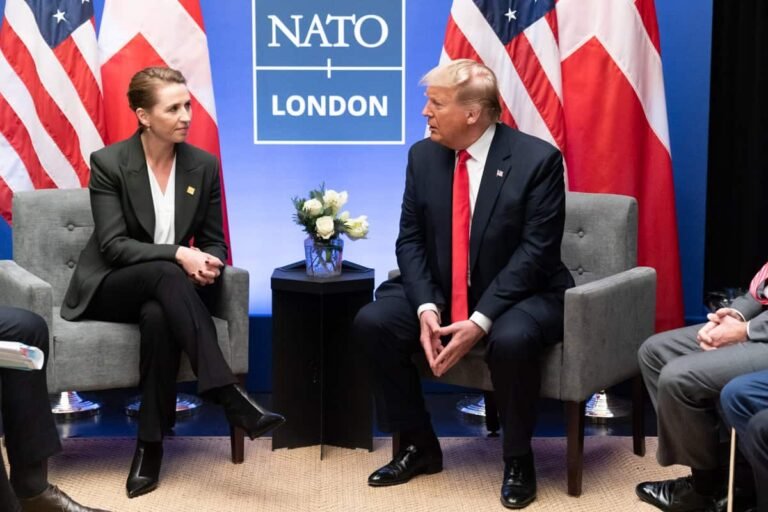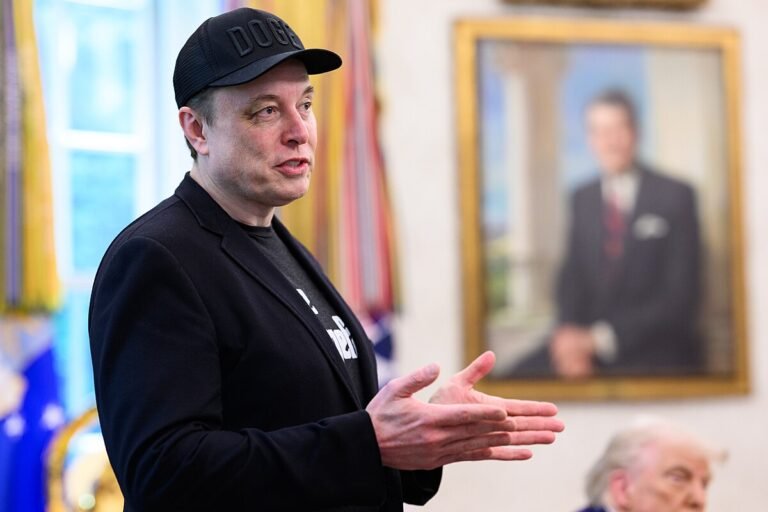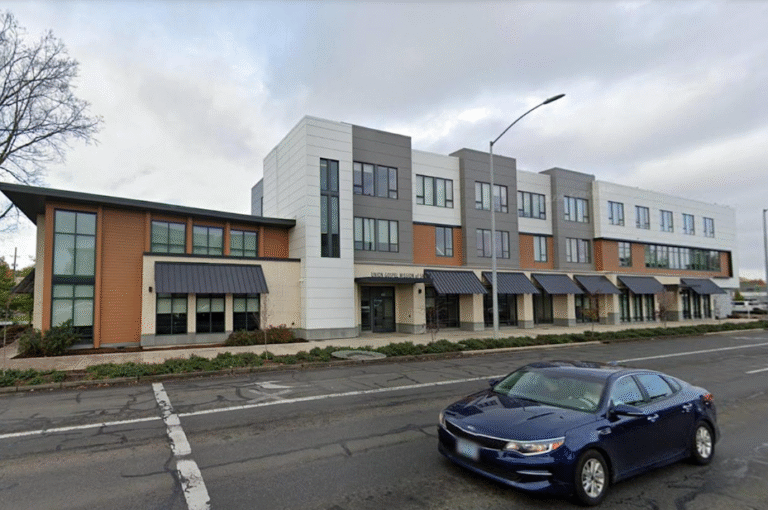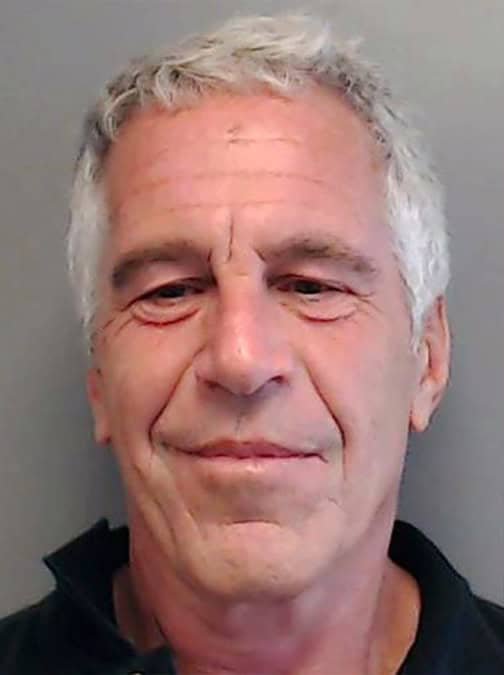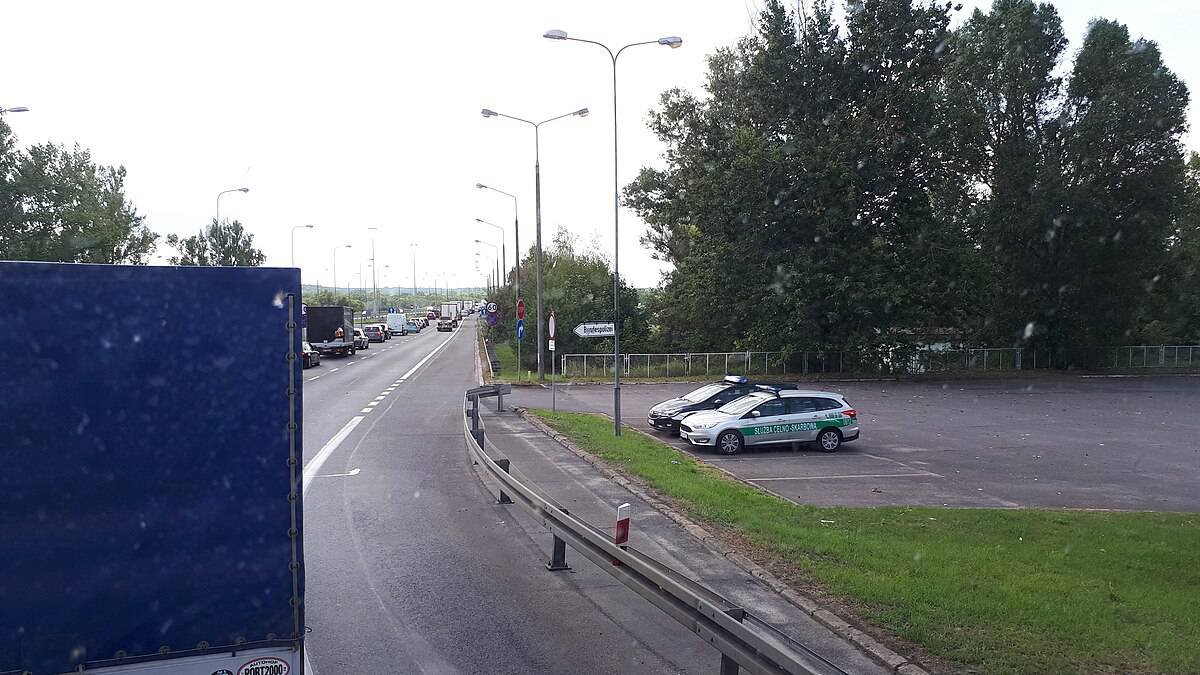
Germany began random checks at its borders with five Western European nations on Monday. These checks aim to crack down on irregular migration, expanding a system of mobile border controls already in place at four other borders.
Expanded Border Controls
The checks started at the borders with France, the Netherlands, Belgium, Luxembourg, and Denmark before dawn. These measures are initially scheduled for six months. Germany has conducted similar checks at its borders with Poland, the Czech Republic, Austria, and Switzerland since last year.
Reasons for the Checks
Germany announced the expansion of border checks last week. The decision followed recent extremist attacks, including a knife attack in Solingen by a Syrian asylum-seeker that killed three people. Another attack in June, attributed to an Afghan immigrant, left a police officer dead and wounded four others.
Impact on EU Unity and Trade
These border controls test European unity. Some see the checks as a step away from the spirit of the EU’s free travel and trade arrangement known as Schengen. The ability to travel freely across borders is one of the most beloved benefits of the EU. Trade unions have expressed concerns that the controls could hurt trade.
Challenges for Police
German police acknowledge the major challenge these expanded checks pose. Andreas Rosskopf, the head of Germany’s Federal Police Union, said anyone crossing the border into Germany should now expect to be checked. However, he also noted that permanent and intensive checks are not possible given the length of Germany’s borders.
Germany has 1,400 kilometers (870 miles) on its western border, in addition to 2,400 kilometers (1,490 miles) along its eastern and southern borders where the checks were already taking place. Rosskopf said, “It remains to be seen how successful this will be in curbing migration and people smuggling.”
Legal and Political Context
According to the EU, member states can temporarily reintroduce controls at the EU’s internal borders in case of a serious threat to internal security. However, border controls should be applied as a last resort in exceptional situations and must be time-limited.
The unpopular coalition government of Chancellor Olaf Scholz has imposed the border controls. This move seeks to crack down on irregular immigration after the far right did well in two recent state elections in eastern Germany. Another election is coming next Sunday in Brandenburg, the state surrounding Berlin.
